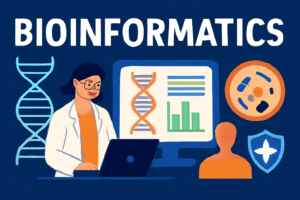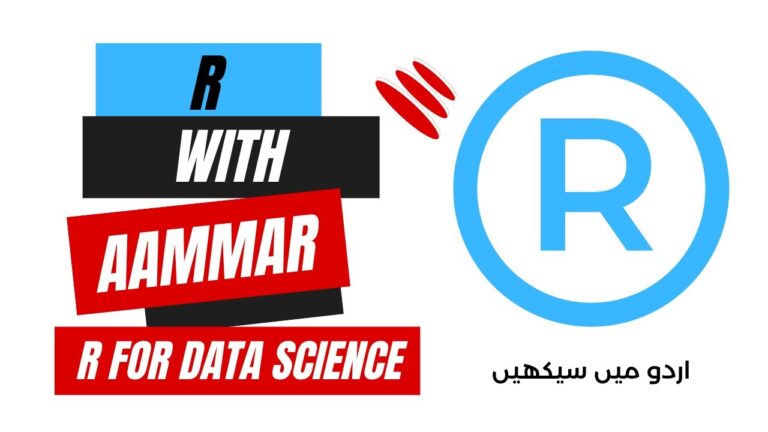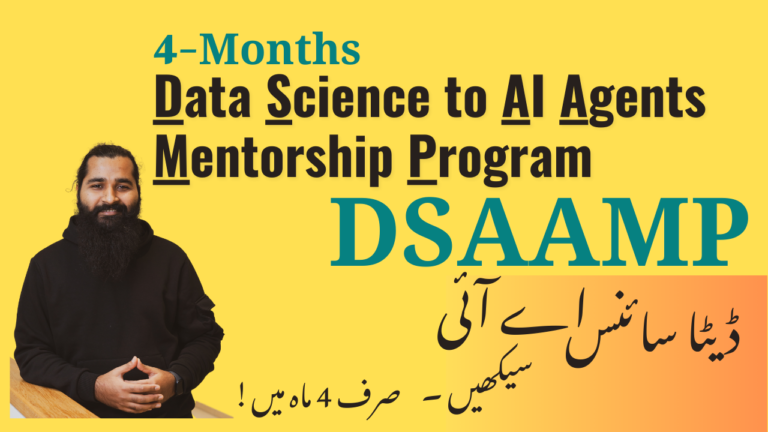Best Practices in Data Collection: A Guide to Gathering Quality Data 🌐🔍
Welcome to the Essential World of Data Collection in Research and Data Science!
Data collection is a critical foundation in the field of data science and research. The accuracy and reliability of data directly influence the insights and conclusions derived from it. In this comprehensive guide, we’ll explore the best practices in data collection, ensuring that your data is not just abundant, but also meaningful and trustworthy. Let’s dive in! 🚀
Understanding the Importance of Data Collection 🤔
Data collection is the process of gathering and measuring information on variables of interest in a systematic manner, enabling one to answer stated research questions, test hypotheses, and evaluate outcomes. The quality of your data collection determines the quality of your data analysis.
Best Practices in Data Collection 🌟
1. Clearly Define Your Objectives
- What to Do: Begin with clear research questions or objectives. What do you want to learn or analyze? This clarity will guide your data collection process.
- Why It Matters: Well-defined objectives ensure that you collect data that is relevant and focused on your goals.
2. Choose the Right Data Collection Method
- What to Do: Select a method that aligns with your objectives. Options include surveys, interviews, focus groups, observations, or experiments.
- Why It Matters: The method should suit the nature of your research and the type of data you need.
3. Ensure Data Accuracy and Reliability
- What to Do: Implement checks and balances to validate the accuracy of your data. This might include cross-checking with multiple sources or using validated instruments.
- Why It Matters: Accurate and reliable data forms the backbone of credible analysis.
4. Be Mindful of Data Privacy and Ethics
- What to Do: Follow ethical guidelines and data privacy laws. Obtain consent where necessary and anonymize personal data.
- Why It Matters: Respecting privacy and ethical considerations maintains the integrity of your research and protects participants’ rights.
5. Plan for Data Storage and Management
- What to Do: Have a system for organizing, storing, and managing your data. This could involve databases, cloud storage, and data management software.
- Why It Matters: Well-organized data is easier to analyze and less prone to errors.
6. Train Your Data Collection Team
- What to Do: If you’re working with a team, ensure they are well-trained and understand the data collection process and tools.
- Why It Matters: A knowledgeable team collects higher quality data and reduces the risk of errors.
7. Pilot Test Your Data Collection Tools
- What to Do: Conduct a pilot test to identify potential issues with your data collection methods or instruments.
- Why It Matters: Pilot testing helps refine your process before full-scale data collection, saving time and resources.
8. Document the Process
- What to Do: Keep detailed records of your data collection process, including methodologies, dates, and any challenges encountered.
- Why It Matters: Documentation provides context for your data and can be invaluable for future analysis or replication studies.
Conclusion: The Art and Science of Data Collection 🚀
Effective data collection is both an art and a science. It demands careful planning, ethical considerations, and a keen eye for detail. By adhering to these best practices, you can ensure that your data collection process lays a solid foundation for insightful, accurate, and impactful data analysis.

LinkedIn Networking Guide for Pakistani AI & Data Science Students | Codanics

Why Learning Bioinformatics is Essential for the Future of Science and Healthcare


NLP Mastery Guide: From Zero to Hero with HuggingFace | Codanics

Scikit-Learn Mastery Guide: Complete Machine Learning in Python







good sir keep it up
this is a short and comprehensive
These eight points cover our data collection strategy in a good manner.
Amazingly describe the concepts of Best Practices in Data Collection in this blog
done read
it is an informative blog.
Nice blog.
Gr8 info
AOA, I read this blog and found it to be informative and well-written. You have provided a comprehensive guide on best practices in data collection, which is an essential aspect of statistical analysis. This blog covers various topics, such as the importance of data collection, types of data, sampling techniques, and data quality control. You have also provided practical tips and examples to help understand the concepts better. This blog is a great resource for me as I learn about data collection and statistical analysis. ALLAH PAK ap ko dono jahan ki bhalian aata kry AAMEEN.
well done boss keep it up i pray for and your parents. god blees you
Done
Fantastic, and thank you for this blog..